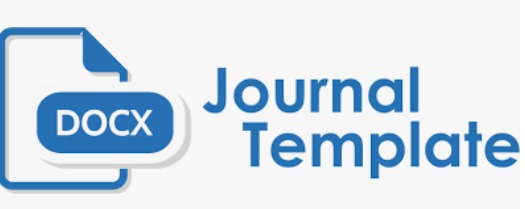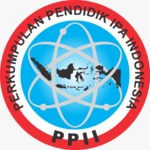Analisis Level Kognitif Soal Programme for International Student Assesment (PISA) Tahun 2018
DOI:
https://doi.org/10.29408/kpj.v6i2.7110Keywords:
cognitive level analysis, 2018 PISA questions, scienceAbstract
This study aims to analyze the PISA science questions released in 2018 to provide an overview for teachers and students in studying them. The method was carried out by describing the cognitive level of the 2018 PISA scientific literacy questions with the subject of this research being the 2018 PISA release science questions on science. The results of the analysis of the 2018 PISA science questions can be concluded in context, level of ability, themes, objectives and variety of questions. The results of the analysis of the 2018 PISA science questions can be concluded in context, level of ability, themes, objectives and variety of questions. The context of understanding the phenomena of science in everyday life and its application in attitude. The cognitive level integrates and concludes from one source, finds the true meaning, analyzes the content and form, finds the true meaning, integrates and concludes from one source, assesses quality and credibility, integrates and concludes from several sources. The theme of the environment, living things, actual phenomena, earth and space. The aim is to increase scientific literacy and be able to apply and practice it in everyday life and a variety of questions in the form of simple multiple choice, complex multiple choice, response and coding, and short answersReferences
Arikunto, Suharsimi. (2009). Dasar-Dasar Evaluasi Pendidikan. Jakarta : Bumi Aksara
Anggraini, Gustia. (2014). Analisis Kemampuan Literasi Sains Siswa SMA Kelas X di Kota Solok. Prosiding Mathematics and Science Forum 2014.
Bybee,Rodger. Barry McCrae. Robert Laurie. (2009) .PISA 2006: An Assessment of Scientific Literacy. Journal of Research in Science Teahing, Vol. 46, No.8, Hal 865-883.
Budiarti, Henri. (2014). Analisis Soal Ujian Nasional IPA SMP Tahun 2014 berdasarkan Dimensi Pengetahuan dan Dimensi Proses Kognitif.Seminar Nasional XI Pendidikan Biologi FKIP UNS.
Elsy, Zuriyani. (2012). Literasi Sains dan Pendidikan (online).
Kurnia,Feni. Zulherman. Apit Fathurohman. (2014). Analisis Bahan Ajar Fisika SMA Kelas XI di Kecamatan Indralaya Utara berdasarkan Kategori Literasi Sains. Jurnal Inovasi dan Pembelajaran Fisika, (Online). 1(1) : 43-47
Krathwohl, David R dan Lorin W. Anderson. (2010). Kerangka Landasan untuk Pembelajaran, Pengajaran dan Asesment. Dialibahasakan oleh Prihantoro, Agung. Pustaka Belajar: Yogyakarta.
OECD. (2006). PISA 2006 Saintific literacy framework. (online),
. (2006). PISA Released Items Science. (Online),
. (2009). Take The Test: Sample Question From OECD’S PISA Assesment.
OECD
.(2013). PISA 2012 Assessment and Analytical Framework Mathematics, Reading, Science,Problem Solving And Financial Literacy.OECD
. (2014). PISA 2012 Technical Report. OECD
Ramadhan, Danny, Wasis. (2013). Analisis Perbandingan Level Kognitif dan Keterampilan Proses Sains dalam Standar Isi (SI), Soal Ujian Nasional (UN), Soal (Trends in International Mathematics and Science Study (TIMSS), dan Soal Programme for International Student Assesment (PISA). Jurnal Inovasi Pendidikan Fisika.(Online). 2(1):20-25.
Sanjaya, Wina. (2006). Strategi Pembelajaran Berorientasi Standar Proses Pendidikan. Jakarta: Kencana
Setiawan, Harianto, Dafik, Nurcholif Diah Sri Lestari. (2014). Soal Matematika dalam PISA Kaitannya dengan Literasi Matematika dan Keterampilan Berfikir Tingkat Tinggi. Prosiding Seminar Nasinal Matematika.(Online).
Tjalla, Awaluddin. (2009). Potret Mutu Pendidikan Indonesia Ditinjau dari Hasil Hasil Studi Internasional. Dosen FIP Universitas Negeri Jakarta. (Online).
Odja, Abdul Haris dan Citron S. Payu. (2014). Analisis Kemampuan Awal Literasi Sains Siswa pada Konsep IPA. Prosiding Seminar Nasional Kimia. (Online).









